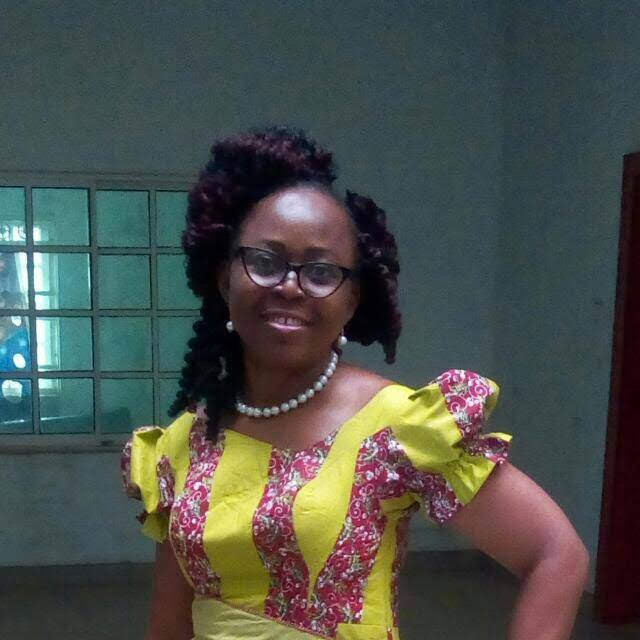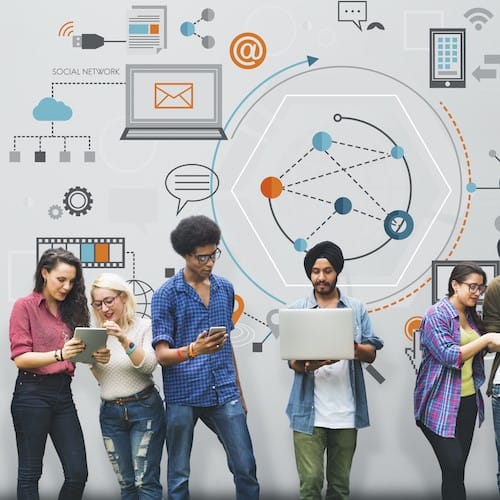MEDIA LITERACY
August 23, 2022 2023-09-18 21:21MEDIA LITERACY
We live in the social media era. Social media has evolved over the years and shows no signs of slowing down; this is our new reality. Every aspect of human life, including family, education, and employment, can be found on the internet. Google has an answer to almost every question you might have. Yes! Online, you can find good, bad, and ugly information; you can learn some very important lessons as well as scams and fake news; it’s all mixed up in the virtual space.
I remember telling one of my daughters not to believe everything she sees on Facebook; she now tells me about how pictures are edited to highlight the beauty, how a man can be transformed into a woman by using several apps, and how there is a lot of negative information on the internet. There is also a lot of very important and vital information, but the ability to distinguish the good from the bad and the truth from lies requires some level of training and education, which is part of what media literacy is all about.
WHAT EXACTLY IS MEDIA LITERACY?
“Media literacy is an expanded conceptualization of literacy that includes the ability to access and analyze media messages as well as create, reflect and take action, using the power of information and communication to make a difference in the world. Media literacy is not restricted to one medium and is understood as a set of competencies that are essential for work, life, and citizenship. Media literacy education is the process used to advance media literacy competencies, and it is intended to promote awareness of media influence and create an active stance towards both consuming and creating media.” — Wikipedia
The Evolution of Media Education dates back to the late 1920s and early 1930s when the British Film Institutes attempted to teach media users analytical skills. The Wisconsin Association of Better Broadcasters also helped by teaching media consumers how to be more critical. All of these early efforts are aimed at discouraging students from engaging in media consumption; however, this attempt has only pushed them further into the act. Television was the dominant media platform at the time.
Fast forward to the internet era, where media can now be consumed at any time and from any location. The goal has since shifted from deterrence to providing information on how to use and interpret media content correctly.
Media literacy is now taught in some schools in some countries around the world, while other countries and schools have yet to accept the course to be studied.
Media Literacy Education, while not as widely accepted as it should be, has a significant impact on both children and adults. Children who are taught about this cause from a young age can learn to think critically, determine the credibility of the media contents they consume, see the different points of view and goals of the content creator, and identify the roles that media plays in relation to culture.
Adults benefit from media literacy education in terms of sensitivity and appreciation for different points of view, as well as distinguishing between genuine and fake information.
W. James Potter, a media scholar, observed that all media messages can be classified into four dimensions.
– Cognitive Dimension – This area critically accesses information by asking What the media content is all about, how likely the content is to achieve its purpose, and Who is the content made for.
– Emotional Dimension – What does the content creator want the consumers to think about the content, and will the content have a positive or negative impact? Will the content provide immediate or delayed satisfaction?
– Aesthetic Dimension – Is there a way to find out how the content affected previous users and what their experiences were, good or bad?
– Moral Dimension – Is the message of the content creator true or false, what parts of the content are real and feasible, and what parts are not, and is it overrated?
“All of this information – about the network’s materiality, what it’s made of, and how it works – should be part of basic media literacy, because we rely on this technology for more and more aspects of our daily lives.” — Astra Taylor
Sources
https://www.commonsensemedia.org/articles/what-is-media-literacy-and-why-is-it-important
https://www.verywellmind.com/what-is-media-literacy-5214468
 |
Author : Amiakhor Beatrice Ejaeta |























